
Regardless of Frontiers
Global Freedom of Expression in a Troubled World
Recommendation
After World War II, institutions such as the United Nations organized a global template for human rights, including freedom of expression and access to government information. But as Columbia University president Lee C. Bollinger and United Nations special rapporteur on extrajudicial killings Agnes Callamard relate, the rise of populist politics and neoliberal economics has brought attacks on freedom of expression and the media. These deeply informed articles will resonate with readers who care about democracy and a free press.
Summary
About the Authors
Lee C. Bollinger is the president of Columbia University, where he is also the Seth Low Professor. Agnes Callamard is the director of the University’s Global Freedom of Expression initiative and serves as the United Nations’ special rapporteur on extrajudicial killings.


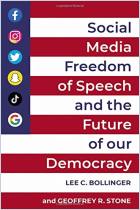
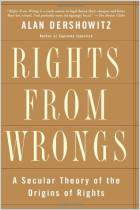
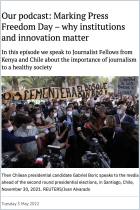
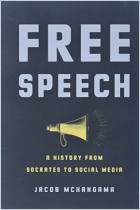
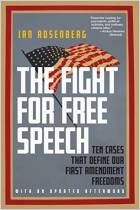
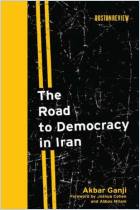
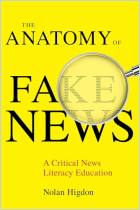





Comment on this summary